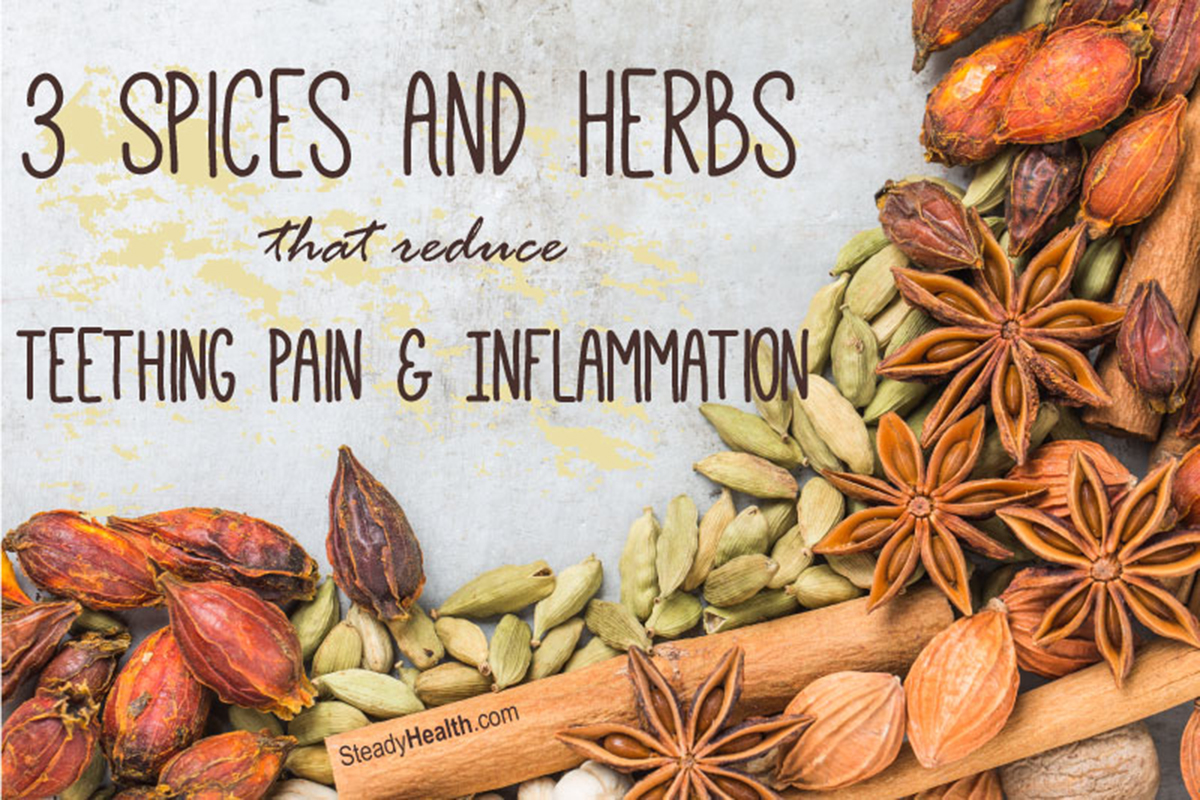Many cultures around the world believe that herbs have healing effects and introduce spices to their little ones early on. For instance, fennel is widely used as a go-to remedy to soothe upset baby tummy, and turmeric is a well-known antiseptic with anti-inflammatory properties.
Spices are proven to increase the liking for vegetables [1]. The healthiest nations in the world such as the Italians or the Japanese introduce their children to spices early on. Western culture tends to condition young children to eat bland foods from the beginning, such as plain white pasta, and it's no wonder a good deal of them later turns into picky eaters.

Of course, when introducing new foods and spices to kids, it's crucial to keep it simple — introducing what the family is eating is a great idea when the child is around the age of one, but you shouldn't immediately give them the spicy adult version that you're having.
Cinnamon
Cinnamon is one of the oldest known spices with many health benefits, but I'll focus on teething pain only this time. This ancient spice offers some amazing antibacterial and anti-inflammatory properties. As most of us probably know, anti-inflammatory properties are crucial in reducing the painful swelling. [2, 3]
Cinnamon can boost learning abilities. A study conducted on mice showed that cinnamon can turn slow learning mice into fast learners [5].
Turmeric
Same as with cinnamon, turmeric is rich in analgesic and anti-inflammatory agents — especially curcumin — that can prevent your baby getting sick after picking viruses/bacteria from dirty items that she constantly puts into her mouth due to the teething discomfort. [6]
The Journal of Natural Science, Biology and Medicine suggests that turmeric has impressive health benefits including the healing of inflamed gums. [7]
Cardamom
The essential oils in cardamom impede the growth of bacteria and viruses. Like turmeric, cardamom's close relative, cardamom offers analgesic and anti-inflammatory properties that help with pain and swelling, especially in the mouth and mucous membranes. [8]
It is also believed that this spice used mostly within Indian cookery cleanses the mouth thoroughly.
Why should you avoid clove oil for teething pain?
Throughout the history, cloves and clove oil have been in use for different kinds of toothaches, including teething pain. A few companies are selling clove oil specially made for teething pain, but I’m not sure I’d use this on my child because of the oil's well-known strength and numbing effect. The numbing sensation of clove oil comes from eugenol — a chemical compound often found in insecticides and mosquito repellents.
On the other hand, dried cloves are highly praised and considered one of the healthiest spices full of antioxidants when used by adults. This herb often takes place among the top five with the highest levels of antioxidants among dried spices. [11] Regardless of its benefits for adults, and being a part of most "natural teething remedies" lists, I'd stay away from the plant when it comes to teething pain and children in general just to be on a safe side. You know — safety first!
The bottom line
Being parts of different cultures and generations also brings different approaches when it comes to teething remedies. It's all fine as far as we don't endanger our children.
Make sure that your spices are fresh; if they're a few years old they may be having things living inside that you don't want anywhere near your child!
Disclosure
Give your teething child a lot of love and care because love is the most powerful pain reliever. No kidding! Hugs and kisses produce endorphins, or „the happiness hormone,“ a chemical known for reducing our perception of pain. [12]
- Photo courtesy of SteadyHealth.com


Your thoughts on this